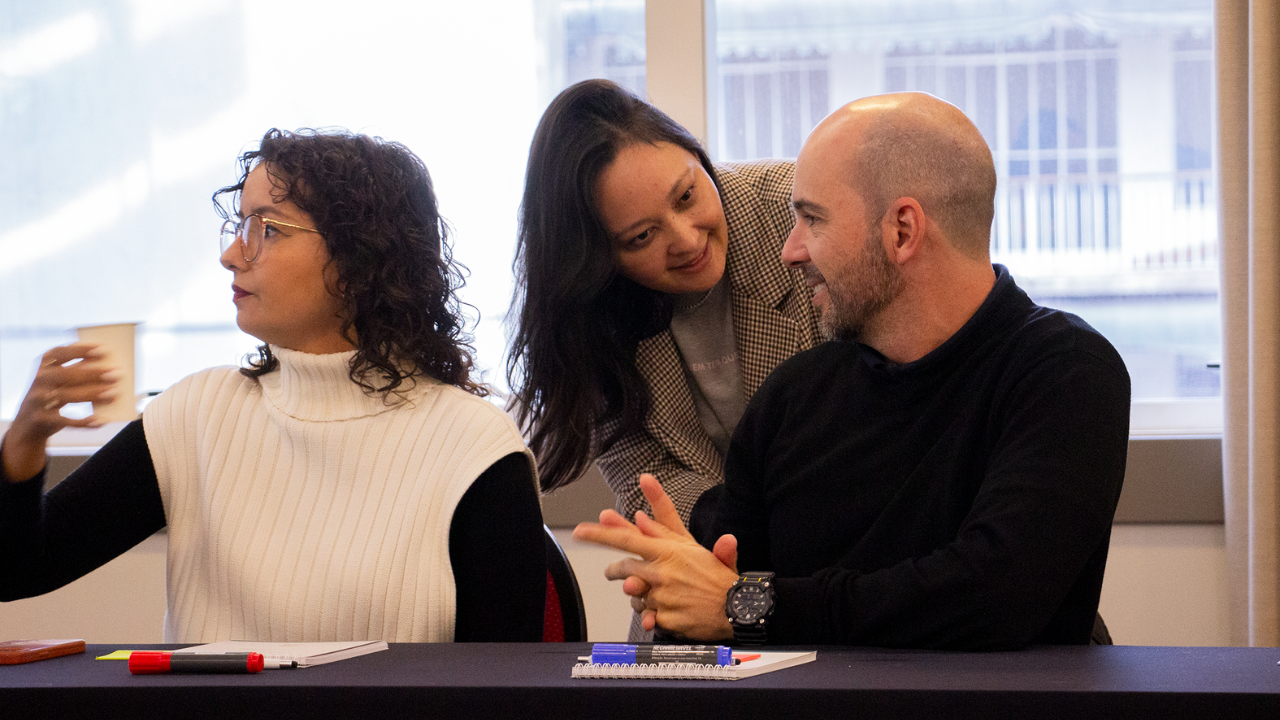
What do you mean by the success of a company? Profit? Engaged and motivated teams for collective success? Good and loyal customers?
All that, right?
In other words, success really depends not only on well-defined strategies, but also on a highly engaged and efficient team.
And this is where trust comes in.
One of the pillars that sustain high-performance teams is trust. When team members trust each other, they are able to collaborate more effectively, face challenges with more resilience and innovate more often.
In a corporate context, trust goes beyond just believing that your colleagues will do their jobs.
In other words, it's a sense of security and mutual support that allows everyone to feel comfortable expressing their ideas, taking risks and making mistakes without fear of reprisals.
This environment conducive to innovation is what differentiates ordinary teams from high-performance teams.
At the 2024 Olympics in Paris, we saw a practical example of how trust plays a very important role in high-performance teams.
For example, our gymnasts, who have achieved excellent results. According to an article and data published by Você SA, their relationship is based on trust.
So it's no surprise that, for the first time in Brazil's history, they won the team bronze medal in women's gymnastics - in addition to the more recent victory of Rebeca Andrade, who took gold in the floor final on the 5th.
First of all, there must be an atmosphere of transparency and honesty.
Being transparent in communications and honest in all interactions is fundamental to building trust. Leaders who share information openly and clearly encourage the same practice in their teams.
Secondly, there must be shared responsibility.
Fostering an environment where everyone feels responsible for the group's success is essential. This involves recognizing individual efforts, but also highlighting the importance of teamwork to achieve common goals.
Thirdly, you have to be consistent in your actions.
Trust is built over time and is sustained by consistency. Keep your promises and fulfill your responsibilities consistently to strengthen trust within the team.
Finally, mutual respect and appreciation must always be sought.
Respecting individual differences and valuing the contributions of each team member are practices that foster an environment of trust. When people feel that they are respected and appreciated, they are more willing to trust their colleagues.
In practice, we have training sessions that support the building of trust in teams.
Know more: